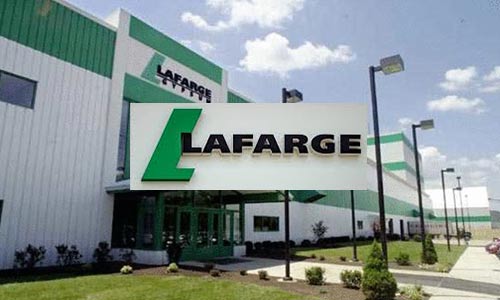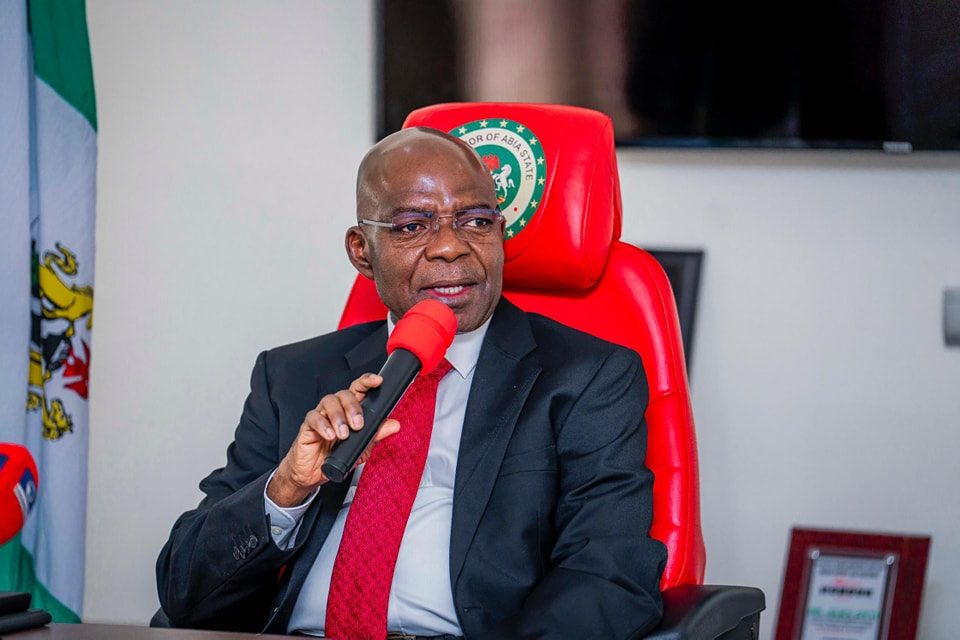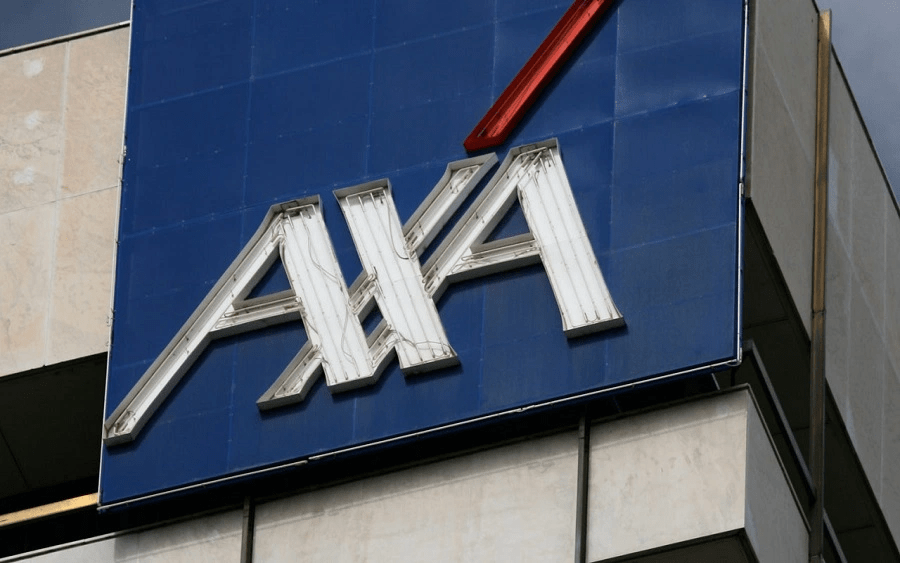Bennett Oghifo
Members of the Building Collapse Prevention Guild Iru – Victoria Island Cell have expressed professional concerns over the imperfect sub-soil investigations in the coastal region of Lagos State.
They expressed their displeasure in a statement titled, ‘Curbing Substandard Soil Test Work In The Coastal Region Of Lagos State’, signed by the Coordinator, BCPG Iru – Victoria Island Cell, Arc. Adefemi Afolabi (an Architect); the General Secretary, BCPG Iru – Victoria Island Cell, QS Taiwo Ayanboade, (a Quantity Surveyor); and the Public Relations Officer, BCPG Iru – Victoria Island Cell, Engr. Wale Oyetayo,
(a Civil/Geotechnical Engineer).
The Iru – Victoria Island Local Council Development Area of Lagos, the Guild said, is surrounded by the Five Cowrie Creek and Atlantic Ocean. “Therefore, conducting comprehensive sub-soil investigations in order to determine the mechanical properties and the shear strength of the soil that could bear the load exerted by the building foundation is is inevitable,” the Guild said.
Soil tests are an important exercise for building development, especially in the coastal region, in order to prevent building collapse due to foundation failure, the Guild said.
“Geotechnical sub-soil investigation report, if correctly done, enables the civil/structural engineer to determine and design the most suitable foundation type for the proposed building development.
Lack of effective regulatory monitoring of geotechnical practice in Lagos State portends future incidents of building collapse in Iru – Victoria Island LCDA.
“Our investigations revealed that the underlying factor of execution cost being at variance with contract sum/budget pave the way for most of the substandard soil tests that are being conducted around. This excuse by some of the practitioners is not tenable since no one compelled them to accept low prices.
“What is the relevance of the sub-soil investigation report in the building plan approval requirements? In this part of the world, it seems the relevance is more of formality purposes.
“The essence of conducting soil tests in Lagos State is merely to comply with the regulation. Observations from geotechnical sites within our locality, BCPG Iru – Victoria Island Cell, and other parts of Lagos State have raised critical doubts on the primary objective of sub-soil investigations as a prerequisite for building development. Many of the soil tests conducted were below standard.
“Lack of sub-soil investigations was identified as one of the causes of building collapse. Hence, as part of solutions to building collapse challenges, subsoil investigations have been made mandatory.
“On the submission of application for planning permit or building plan approval, Section 4, Sub-section 3 (V) of the revised Lagos State Physical Planning Permit Authority Regulations, 2019 specifies that, ‘Sub-soil investigation report in the case of structures in excess of two (2) floors and all developments in areas with low bearing capacity soil where required.
“This regulation has created exponential demand for sub-soil investigations, thereby exposing the unpreparedness and limitations of geotechnical firms. “Although the challenges are being endured silently by practitioners in order to protect the business from low patronage, the need to avert future disastrous consequence of downplaying the challenges necessitates bringing into the open constraints in the geotechnical field.”
According to them, “Doubts being exhibited by piling contractors, who nowadays demand for confirmatory sub-soil investigations, making clients spend double for the same exercise, are the indication that all is not well in the geotechnical sector. There is a limit to pretentiousness.”
Challenges identified by the BCPG investigations included paucity of competent drillers that could satisfactorily take Standard Penetrometer Test (SPT) at the required 1.5 metre intervals or at the change of stratum. Many times, N-Values, which are the insitu results of the SPTs that are inserted in the field logs, are manipulated as the drillers are reluctant to take the time-consuming but necessary SPTs at the required depths.
“Really, the drillers are intractable, difficult to control, and are averse to thorough supervision. Conscious of their limited number, a driller being subjected to strict supervision could hold the supervisor to ransom by abandoning the work. To find another driller that could complete the work would be an uphill task. An experienced driller, nowadays, could be serving more than three geotechnical firms.
“The streneous process of taking SPT makes the soil test job unattractive to youthful drillers. Perhaps the health challenges faced by old skilful drillers and their dying in penury seem to be making the young drillers prioritise immediate monetary gains above professional ethics.
“The young drillers have cultivated the habit of receiving payments without completing the job. They hardly keep to agreement and could become incommunicado, switching off their phones. Under this circumstance, the supervising engineer might be tempted to manipulate the field logs in order to get out of the lacuna.
“It is strongly suggested that as a way of overcoming the constant frustration, and in order to exercise control, earning the respect of the pompous driller, the supervising engineer should endeavour to learn how to operate the percussion ( Pilcon or Dando) drilling rig, which is commonly used for conducting sub-soil investigations in this country.
“Insufficient drilling accessories due to pilfering and loss in the shaft deep in the ground during drilling.
“High cost of drilling accessories that makes replacement difficult. The local fabricators and turners now charge exorbitantly.
“Substitution of the more effective powered drilling rig with the manually operated (hand) rig in order to avoid the high cost of fuel.
“Inappropriate reduction in the duration of a 30m deep geotechnical borehole works from four days to one or two days due to cost implications.
“For the Dutch Cone Penetration Tests, some of the 2.5 – tonne machines and 10-tonne machines being used are not regularly calibrated, and some were sourced from inferior manufacturers, thereby compromising accuracy.
“Drilling with percussion rig, the inability of the geotechnical borehole to proceed beyond circa 22m depth in the coastal region due to blowouts from artesian pressure effect on sandy soil has become a general challenge. Binding sand grains, using chemical admixture, such as bentonite application, has limitations.
“Proceeding to 30m and beyond with the methodology that requires the insertion of multiple casings of varying sizes using the chain-turn could be risky. Anticipation of loss of casings in the sandy soil could be scary.
“Hence, the claim in some soil test reports of 30m depth attainment in difficult terrains, such as our Victoria Island, and the neighbouring Lekki Peninsular where the sand usually blows out, might raise skepticism.
“Of course, employing a sophisticated means of drilling and taking SPT with increased efficiency could make soil test work become attractive to the young ones. However, the technologically improved drilling system or the automated equipment is not readily available here.
“There is a need to evaluate the laboratories conducting shear strength tests such as Oedometer Consolidation, Atterberg Limit, and Triaxial Compression tests on specimens of in- situ ( field) soil samples.
“To enhance credibility, the building plan approval system should incorporate procedures capable of verifying soil test reports and minimising the risk of copied or falsified submissions.”
According to the Guild, “The establishment of the Lagos State Materials Testing Laboratory by law in 2006 was considered a solution to inferior geotechnical practices. “Unfortunately, the agency that was supposed to play the role of the disciplinarian umpire entered into the business of soil testing, thereby competing with the firms it was established to regulate.
“The revenue generation drive of the agency is counter-productive as standards became compromised. It is high time LSMTL stopped playing the dual role of soil test monitoring and revenue generating agency through soil testing business. LSMTL should now wield the big stick to sanitise the geotechnical sector. Any firm that wants to practise geotechnical investigations in the state must undergo scrutiny for possessing appropriate plants, equipment, accessories, experienced drillers, and analytical competent supervisors.”
They said training school for drillers should be established by the Lagos State Government, in conjunction with the Nigerian Institution of Geotechnical Engineers; Nigerian Association for Engineering Geology and the Environment; and other relevant bodies.
“For a result oriented approach, field work monitoring with enforcement teams is inevitable in the aspirations for the satisfactory sub-soil investigations.
“The BCPG Iru–Victoria Island Cell reiterates that ensuring the integrity of sub-soil investigations is critical to safeguarding lives, properties, and investments in the coastal region of Lagos State. While commendable efforts have been made in strengthening building control processes, more work remains to be done in the area of geotechnical practice. We therefore call for collaborative engagement between government agencies, professional bodies, and industry stakeholders to build capacity, enforce standards, and foster transparency in soil testing operations.
“By addressing the identified challenges and prioritising professionalism above expediency, Lagos State can significantly reduce the risks of building collapse and set a sustainable example for other coastal cities in Nigeria and beyond.”




